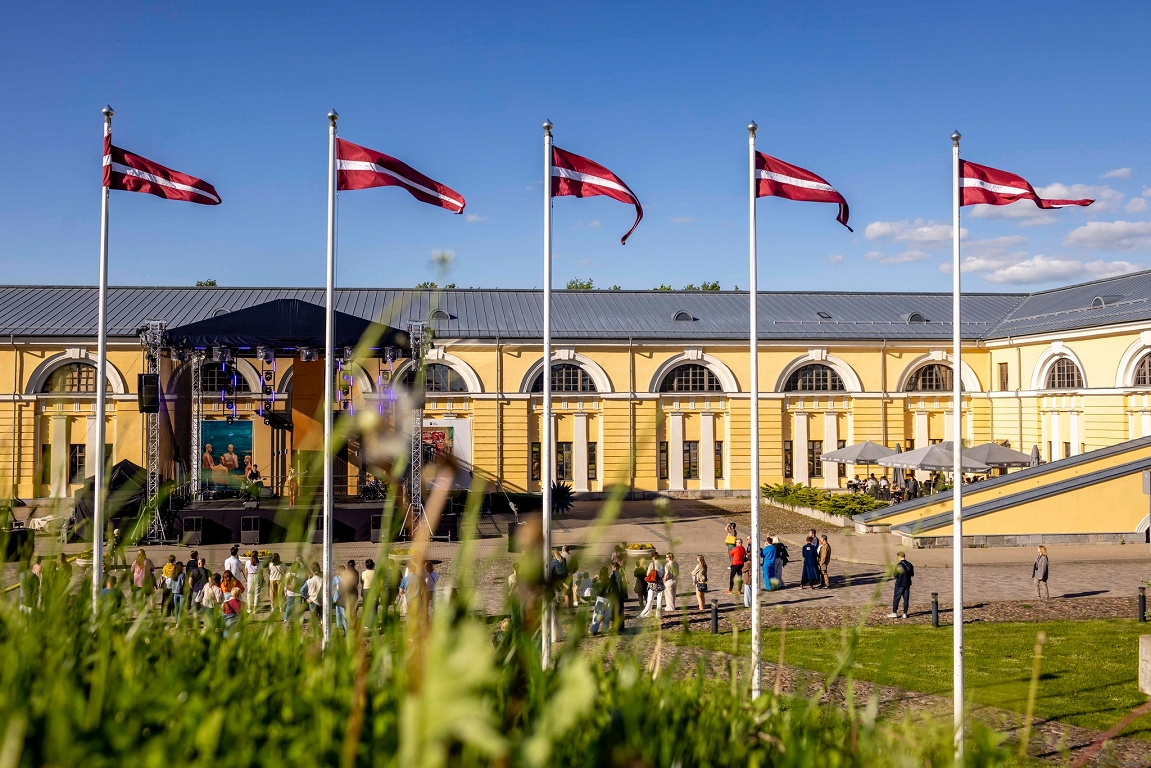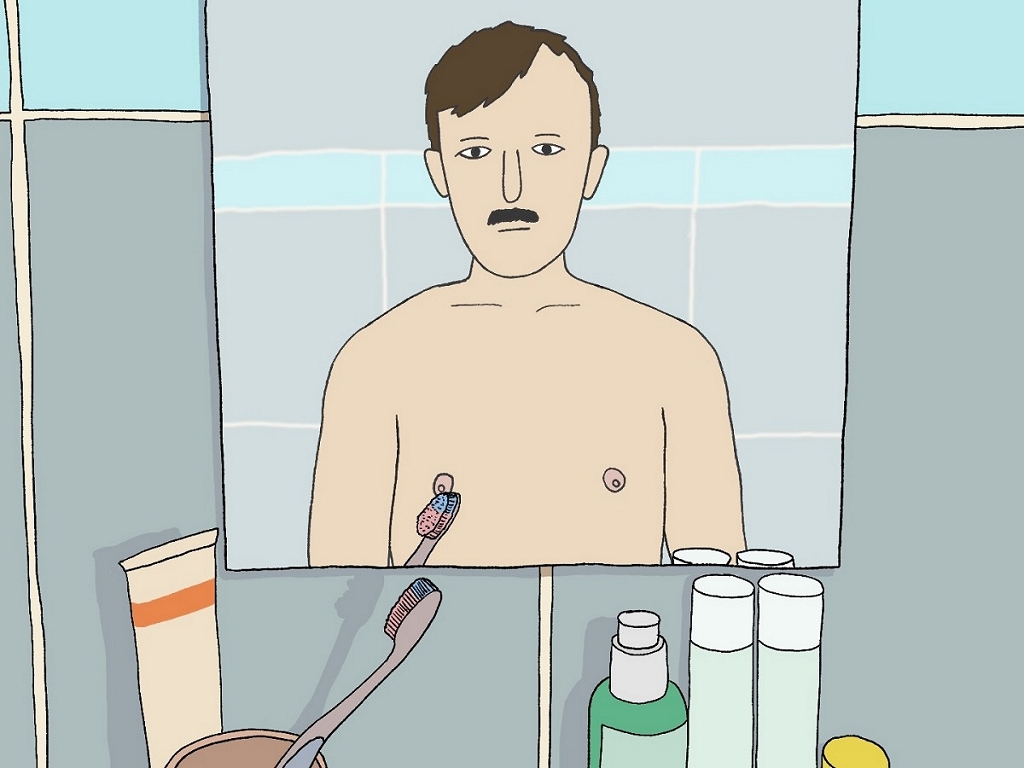Georgia’s endless crossroads / day

Political passions in Georgia, reminded, ruled throughout last year – it was the election year. The Georgian parliamentary elections were held on October 26 last year and were the first to be held after the amendments to the Election Law approved in 2017. According to them, 150 parliamentary mandates were not divided into a mixed electoral system (when about half of the mandates are divided into party lists and the other half in one -member constituencies), but only among the 5% barrier to the lists of party or their associations.
Interestingly, although the changes in the Election Law were once made by the party (since 2012) Georgia’s dream Initiatives, they were first and foremost, the opposition. Why? Because the three previous elections had a significant lead over competitors in one -member constituencies had been able to secure Georgian’s dream a convincing majority in parliament. After the change, the opponents did not hide the hope that the power party would no longer have these benefits.
Irreconcilable enemies
However, the fact that parliamentary elections are already in the new order was just a nuance. The main thing in this case was that the country lived in protest and political tensions almost a year before the elections. The cause of this was the outrage of opposition about Georgian’s dream The refusal of the government’s refusal to unequivocally support Ukraine victims of Russia and to end all economic relations with Moscow.
A kind of fracture point after which the protest movement became particularly active and ambitious was in May last year Georgian’s dream the guided and adopted law on foreign agents. The opposition accused the authoritarianism of the power parties, pro -Russian and, following a role of Russia, was drawn up by the law to use this law to combat their opponents. In turn Georgia’s dream All accusations were denied and, as regards the law on foreign agents, stated that it was not made by Russia, but a similar example of the US law (in the US were adopted as early as 1939) and that similar laws were in force or in a number of other Western countries.
Read the entire article in the magazine Saturday 11. – April 16! The contents of the magazine in both printed and digital format can be subscribed to our new website Here!






